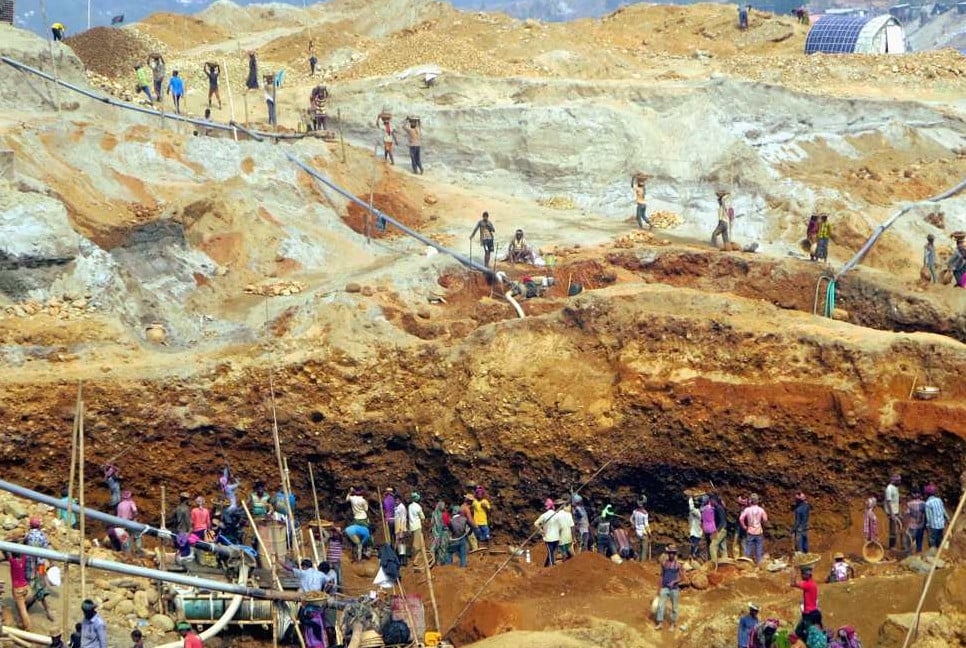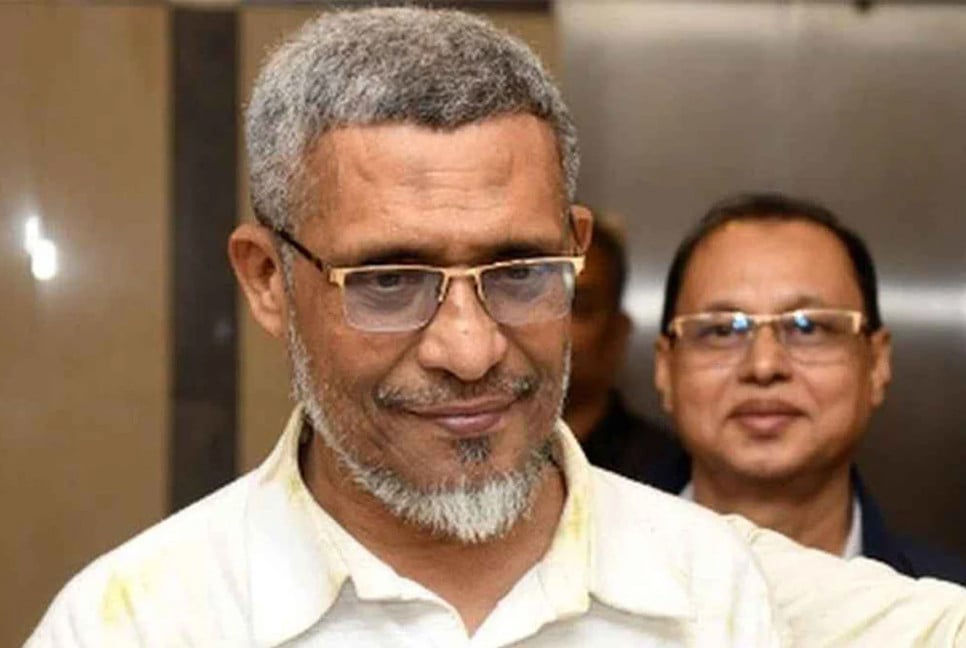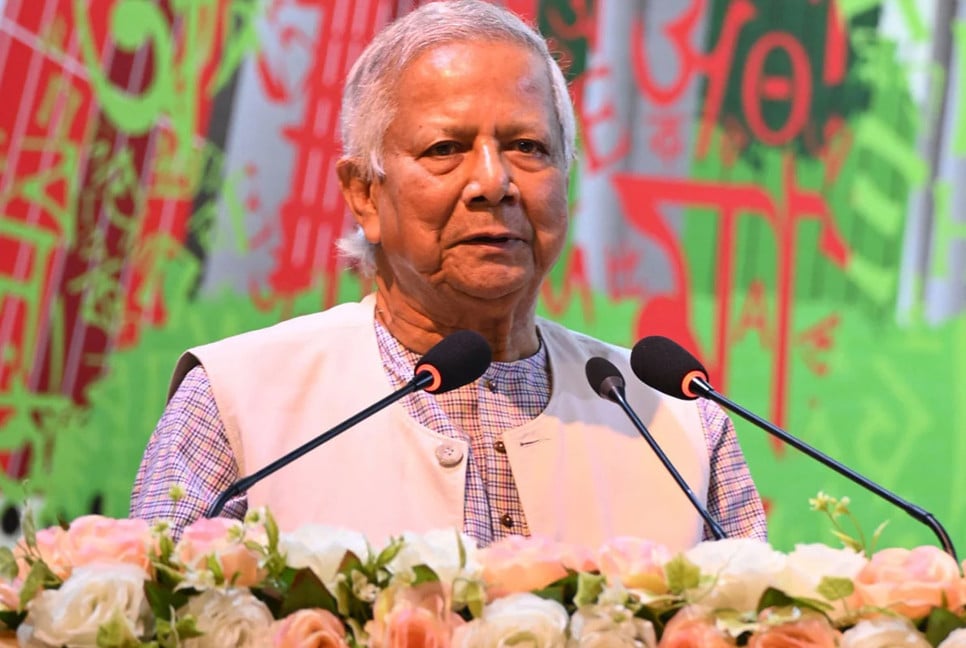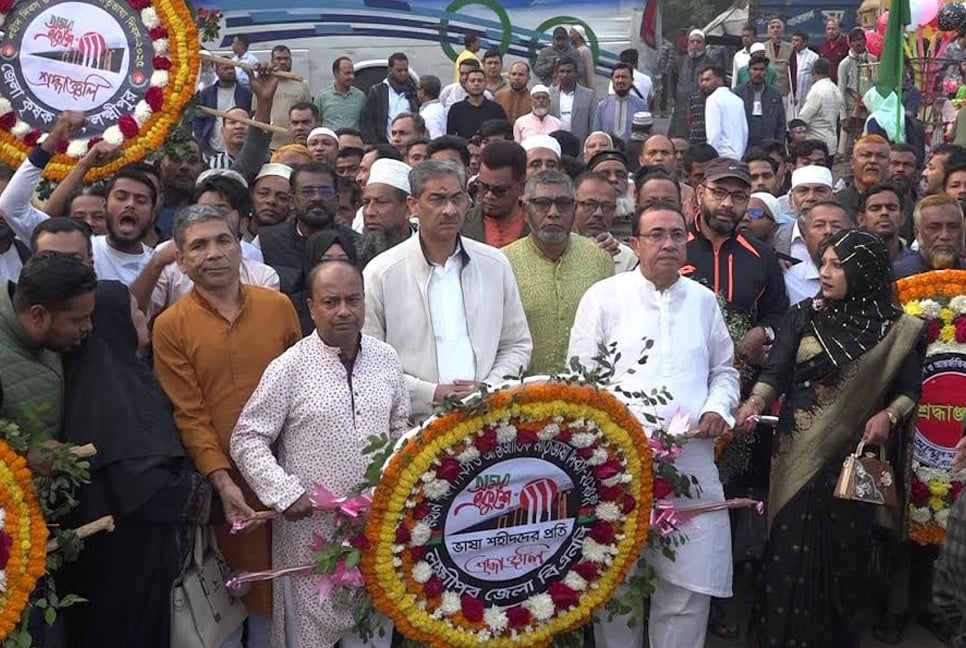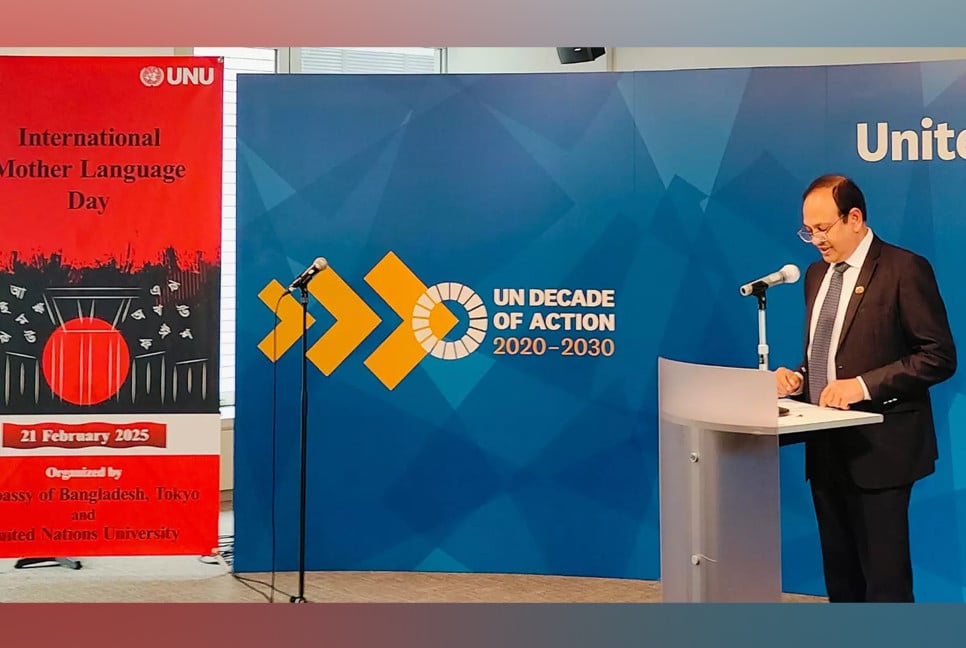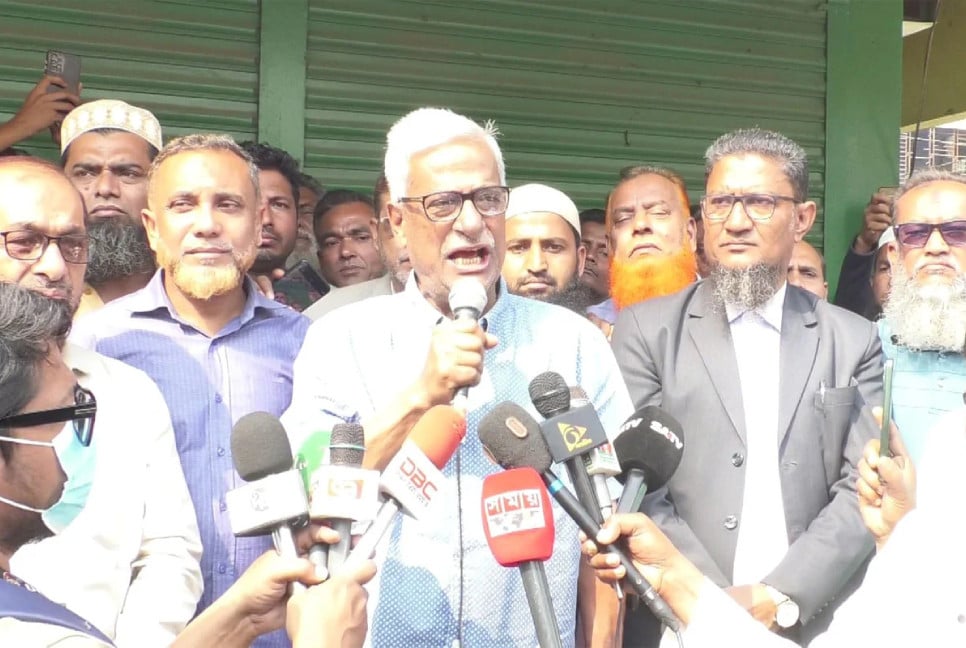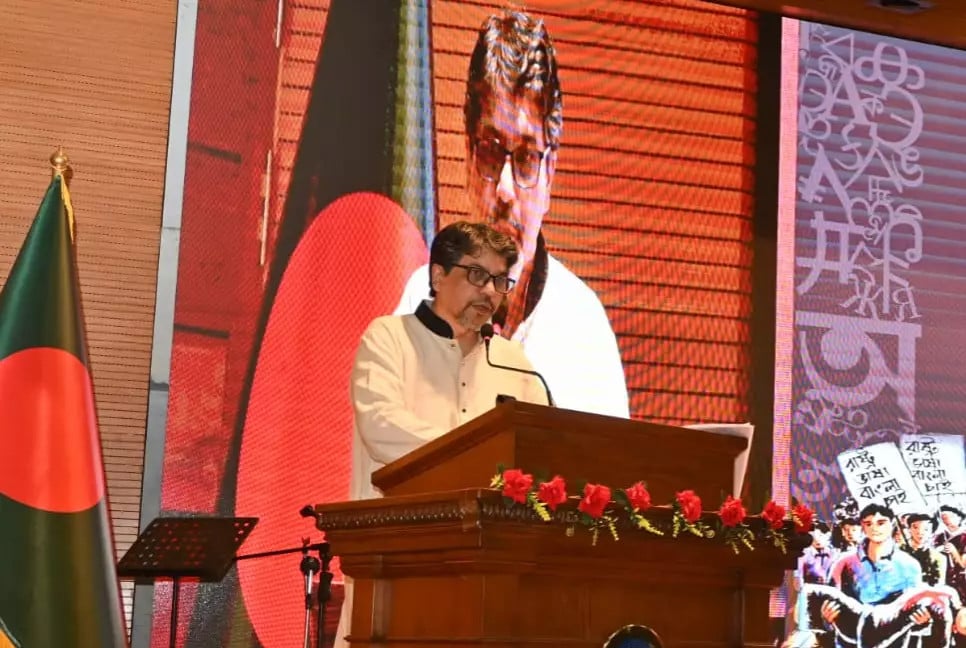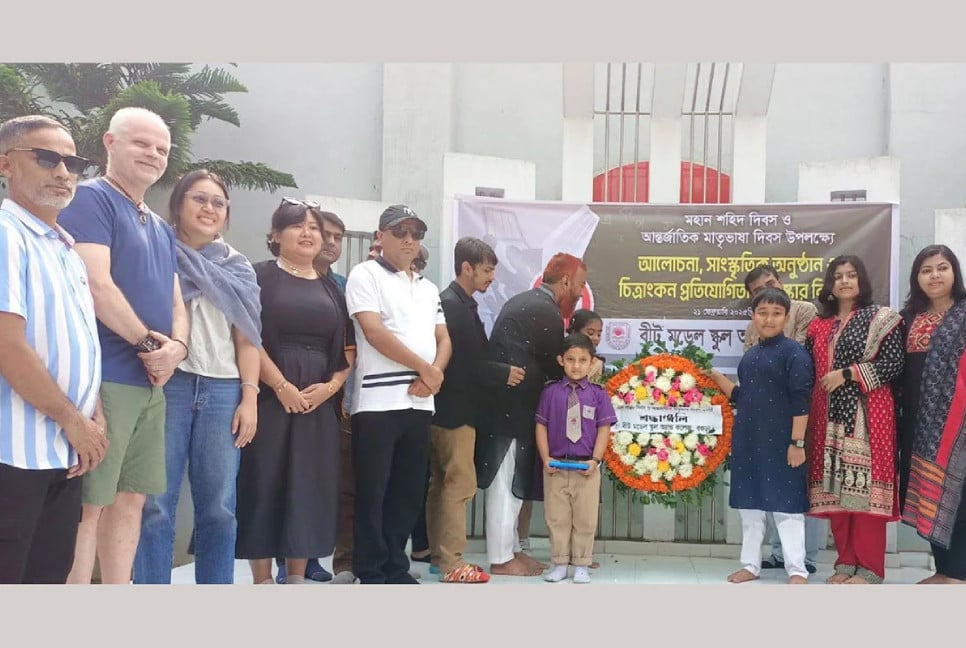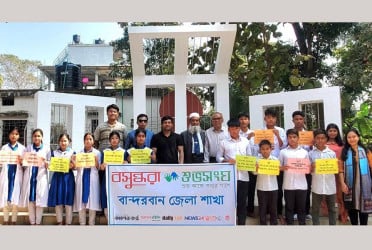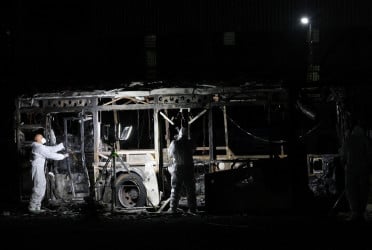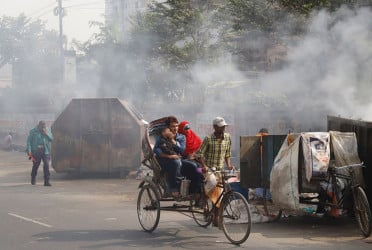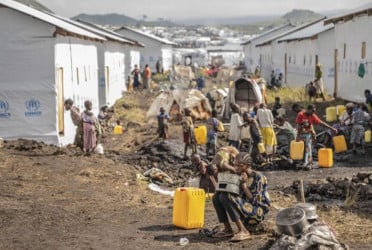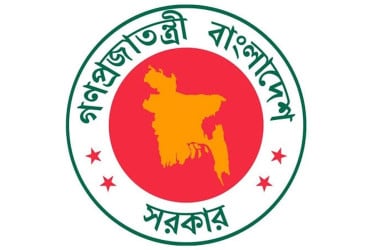Thousands of workers face dire circumstances as the ongoing closure of Sylhet's major stone quarries—Bholaganj, Jaflong, and Bichnakandi—continues, despite a recent High Court ruling permitting extraction through traditional methods.
The quarries, once vibrant hubs of economic activity, have been shut for years under the guise of environmental preservation. Although the court has greenlit environmentally-friendly methods for stone extraction, the quarries remain inactive, leaving workers and local businesses in despair.
Local leaders from Gowainghat and Companiganj upazilas have repeatedly sought government intervention, emphasizing the court’s directives. However, their appeals have gone unanswered, leaving daily wage laborers, who once depended on the stone industry, without work.
In the mornings, laborers armed with shovels and baskets gather in Bholaganj, Jaflong, and Bichnakandi, waiting in vain for opportunities. Once part of a booming industry, these workers now confront an uncertain future, their livelihoods disrupted.
The shutdown has far-reaching implications, not just for workers but for the broader local economy. The stone industry, a key contributor to local and national revenue, has ground to a halt, impacting ancillary businesses and government earnings.
According to business leaders, reopening the quarries could restore employment for 300,000–400,000 workers, many of whom have fallen into poverty. "If the quarries reopen, it will not only generate government revenue but also significantly improve the lives of workers and their families," said Hafizur Rahman, president of the Gowainghat Upazila Truck-Pickup, Covered Van Workers Union.
The closure has also devastated local entrepreneurs, many of whom have mortgaged properties to invest in the stone trade. Unable to repay their loans, they now face financial ruin.
Protests have erupted across the region, with human chains and demonstrations demanding immediate action. Workers chant slogans like "want rice or work," underscoring their urgent need for employment.
Mohibur Rahman, a stone trader from Bichnakandi, stressed that the traditional extraction method could allow businesses to recover losses while providing workers with much-needed jobs. "The government needs to allow environmentally-friendly extraction methods to revive this industry," he said.
Meanwhile, local administration officials, including Md. Touhidul Islam, Upazila Nirbahi Officer (UNO) of Gowainghat, have stated that quarrying activities remain halted per the Power, Energy, and Mineral Resources Department's orders, which require valid leases for operations. “Regular enforcement drives are being conducted to ensure compliance with the closure order,” Islam added.
Civil society and business representatives in the region have called for urgent government intervention to reopen the quarries. "This is a humanitarian disaster," said Minhaj Uddin, a businessman from Jaflong. "The livelihoods of thousands depend on this industry."
The affected communities continue to plead for a resolution, hoping for a revival of the stone industry that could restore their livelihoods and rejuvenate the region’s economy.
(Source: UNB)
BD-Pratidin English/Mazdud

